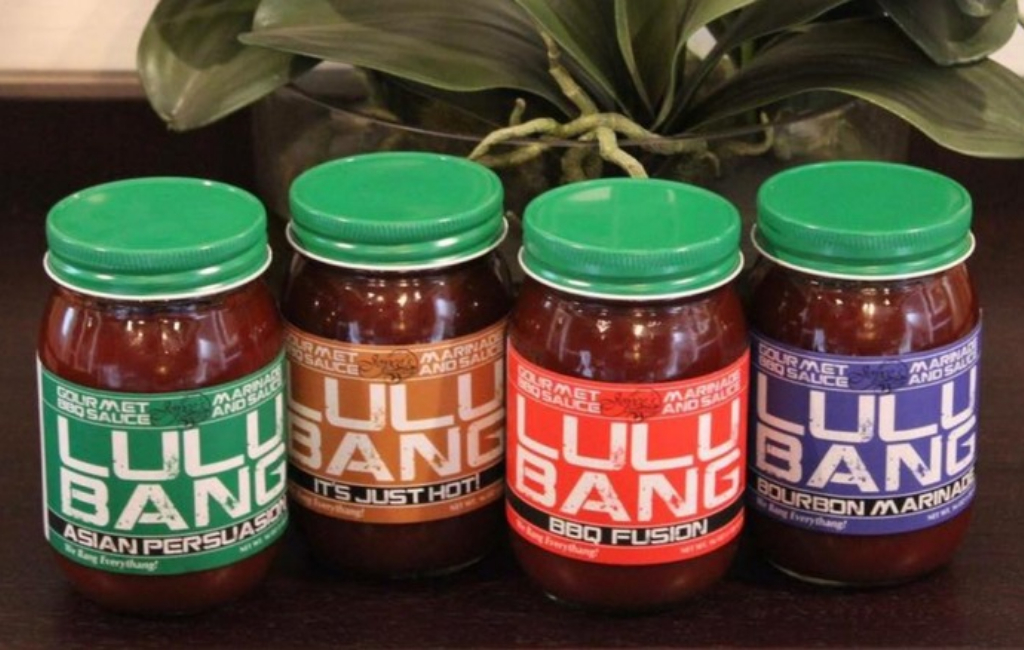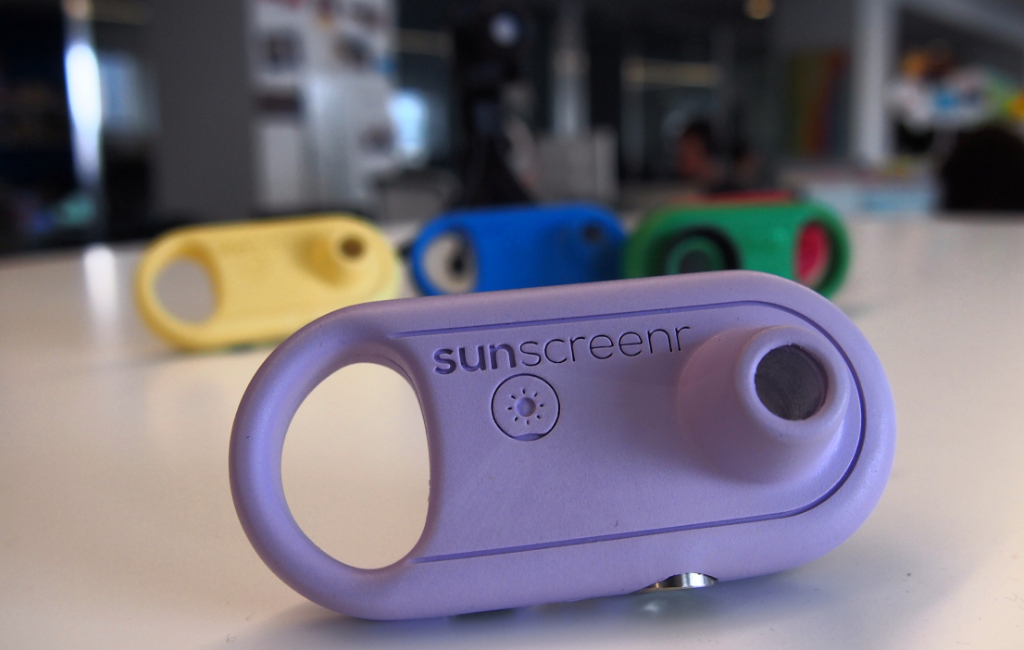Potato Parcel – Handwritten Potato Messages
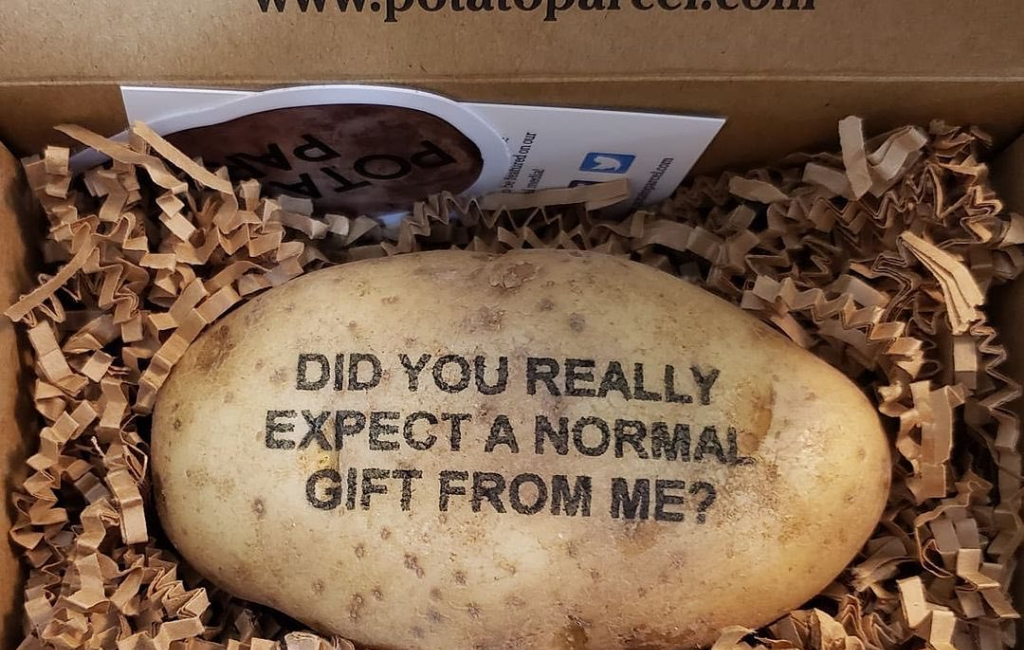

DEAL
EPISODE SUMMARY
🕓 Air Date: October 28, 2016
Asking For:
$50,000 for 10%
Investor:
Kevin O'Leary
Deal:
$50,000 for 10% + $1 royalty until $150,000 is paid back
PRODUCT SUMMARY
Potato Parcel allows customers to send custom messages written on potatoes through the mail.
WATCH HERE
IN A RUSH?
Click these to jump to the section you want to read.
Background Story
Potato Parcel, founded by Alex Craig and later acquired by Riad Bekhit, emerged from a whimsical idea that took root on Reddit. Alex, working in a mobile-app agency in Dallas, Texas, stumbled upon a post featuring a potato adorned with stamps, and the absurdity of the concept struck a chord with him. Recognizing the potential for humor and surprise in sending messages on potatoes, Alex and Riad joined forces to create Potato Parcel.
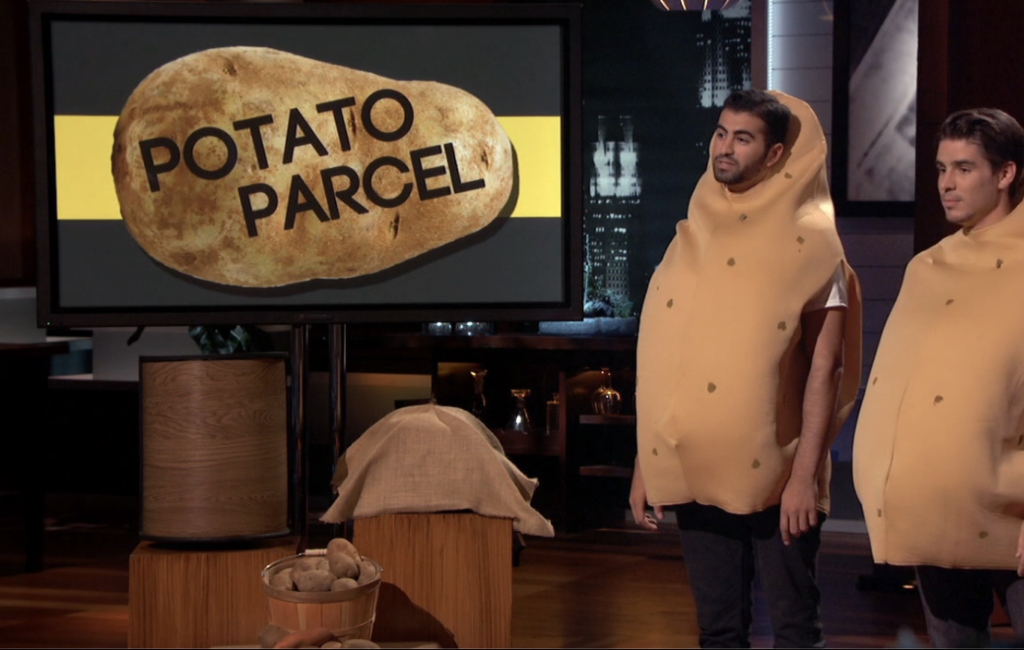
The duo’s backgrounds provided a unique blend of creativity and business acumen. Alex, with his experience in the mobile-app industry, brought a tech-savvy perspective to the venture. On the other hand, Riad, who eventually took full ownership of Potato Parcel, demonstrated an entrepreneurial spirit by seizing the opportunity. The decision to purchase the business for $42,000 showcased Riad’s belief in the idea and his commitment to its success.

Despite initial skepticism from friends and family, the founders pressed on, launching Potato Parcel with the goal of simplicity and surprise. Their determination led to the creation of a business that, in just 13 months, achieved impressive sales figures and garnered a significant number of repeat customers. The humorous twist of sending custom messages on potatoes not only resonated with customers but also attracted attention from the Sharks on the “Shark Tank” television show.

The Product
Potato Parcel, the brainchild of Alex Craig and Riad Bekhit, offers a lighthearted and novel way to convey messages through the mail by inscribing them on real potatoes. The process is straightforward: customers can visit the Potato Parcel website and choose from various options, including the classic Potato Parcel, Potato Pal, and Potato Postcard. These potatoes serve as unconventional canvases for personalized messages.
To make a purchase, customers select their preferred potato product, customize the message they want to send, and provide the recipient’s details. The founders have introduced a variety of seasonal offerings, such as the Spooky Tater for Halloween, a sweet potato for Valentine’s Day, and a potato ornament for Christmas. Each potato comes in special packaging, ensuring a surprise and delight factor upon delivery.
The pricing varies based on the product selected, ranging from $9.99 for the standard Potato Parcel with a custom message to $14.99 for items like the Potato Pal. The founders have also showcased a keen awareness of postal limitations, adapting their original approach by using envelopes to ensure successful delivery.

How It Went
The company’s position before Shark Tank
In its 13-month existence, Potato Parcel has demonstrated a robust performance, achieving sales totaling $215,000. The founders, Alex Craig and Riad Bekhit, have fostered a loyal customer base, with over 600 repeat customers attesting to the success of their quirky product. The company’s profitability is notable, with monthly profits reaching $25,000 and profit margins ranging between 70% to 78%. The business currently operates with a unique structure, as Riad Bekhit took full ownership after purchasing it from Alex for $42,000. Despite the profitability, the founders have chosen to reinvest their profits into the business.
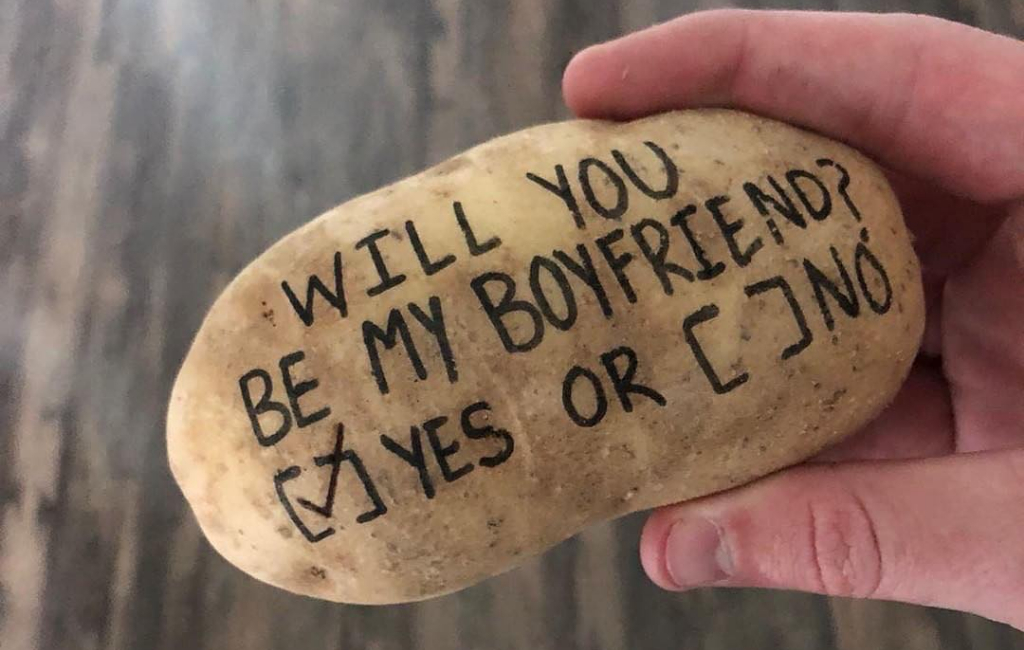
Riad, managing Potato Parcel full-time, ensures effective order fulfillment and inventory management. The decision to prioritize reinvestment over personal income signifies a commitment to sustaining and growing the venture. Potato Parcel’s success can be attributed in part to the founders’ strategic decision-making, recognizing the limitations of sending potatoes with stamps and adapting their approach by incorporating special packaging for delivery. The founders have also leveraged their online presence, with customers expressing satisfaction and sharing their experiences, contributing to the company’s positive reputation.
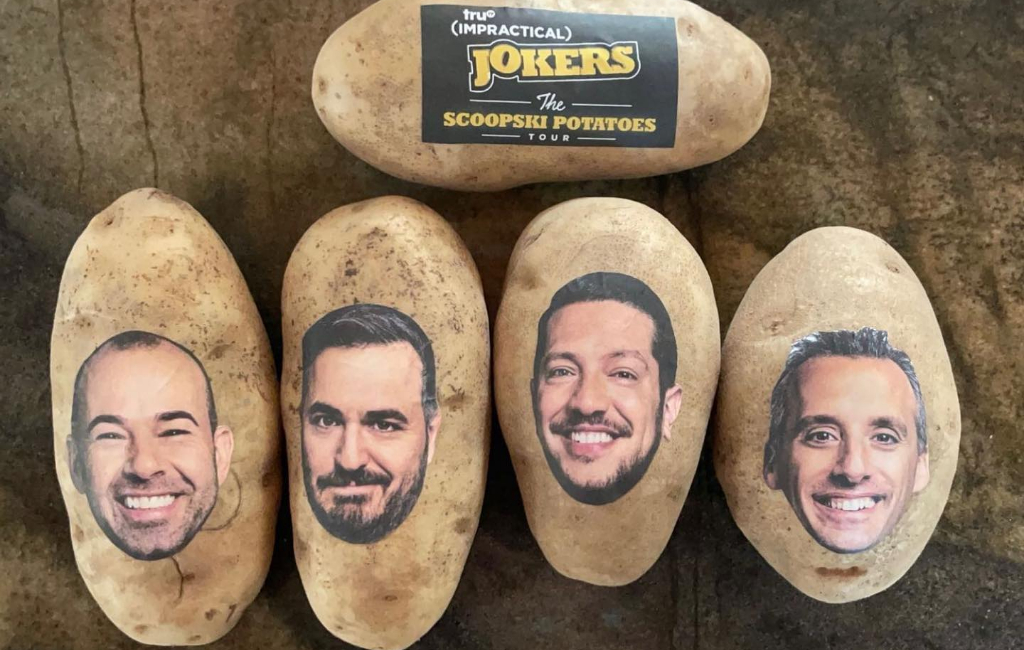
As for funding, the founders sought a $50,000 investment for 10% equity on the television show “Shark Tank.” They successfully secured a deal with Kevin O’Leary, who offered the requested funding with a unique royalty arrangement. Currently, Potato Parcel operates without traditional wholesalers, relying on its direct-to-consumer model through the official website. The absence of traditional partners and wholesalers indicates a lean and agile business model, with the founders likely focusing on maintaining control over their unique product and its delivery process.
The Negotiations:
In the “Shark Tank” negotiations, Potato Parcel’s founders, Alex Craig and Riad Bekhit, faced a humorous yet challenging pitch as they sought a $50,000 investment for 10% equity in their potato-mailing business. The Sharks were initially amused by the simplicity and novelty of sending messages on potatoes, but they questioned the scalability and long-term viability of the business. The negotiations heated up as Lori Greiner and Mark Cuban offered competing deals. Kevin O’Leary, expressing struggle with the valuation, introduced a creative offer. O’Leary proposed investing the requested $50,000 for 10% equity but added a unique royalty arrangement.
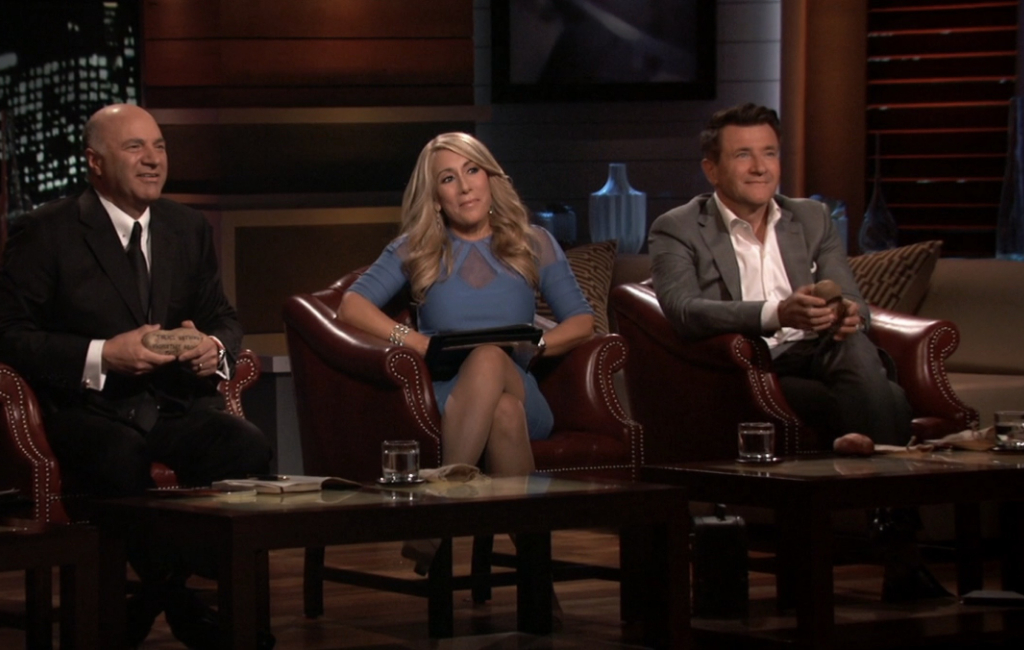
He offered to join Alex on the royalty journey, with Alex receiving $1 per potato for the first 60 days of airing on “Shark Tank,” after which O’Leary would receive a reduced royalty until he recouped $150,000. Additionally, O’Leary suggested hiring the founders for one of his companies after the royalty period, anticipating the potential decline of the quirky potato business. Mark Cuban countered with a traditional equity deal, offering $50,000 for 25% equity. He emphasized the possibility of expanding Potato Parcel’s product line beyond potatoes. Lori Greiner supported Cuban’s offer, suggesting the founders consider it quickly before the Sharks retracted their deals.

Riad Bekhit ultimately chose Kevin O’Leary’s offer, citing his cybersecurity background and commitment to the business. The negotiation concluded with a deal at the expense of a higher equity stake, highlighting the founders’ willingness to compromise for the strategic partnership O’Leary brought to the table. The unique royalty arrangement showcased the founders’ creativity and willingness to explore unconventional deals to secure investment for their quirky and successful business.






